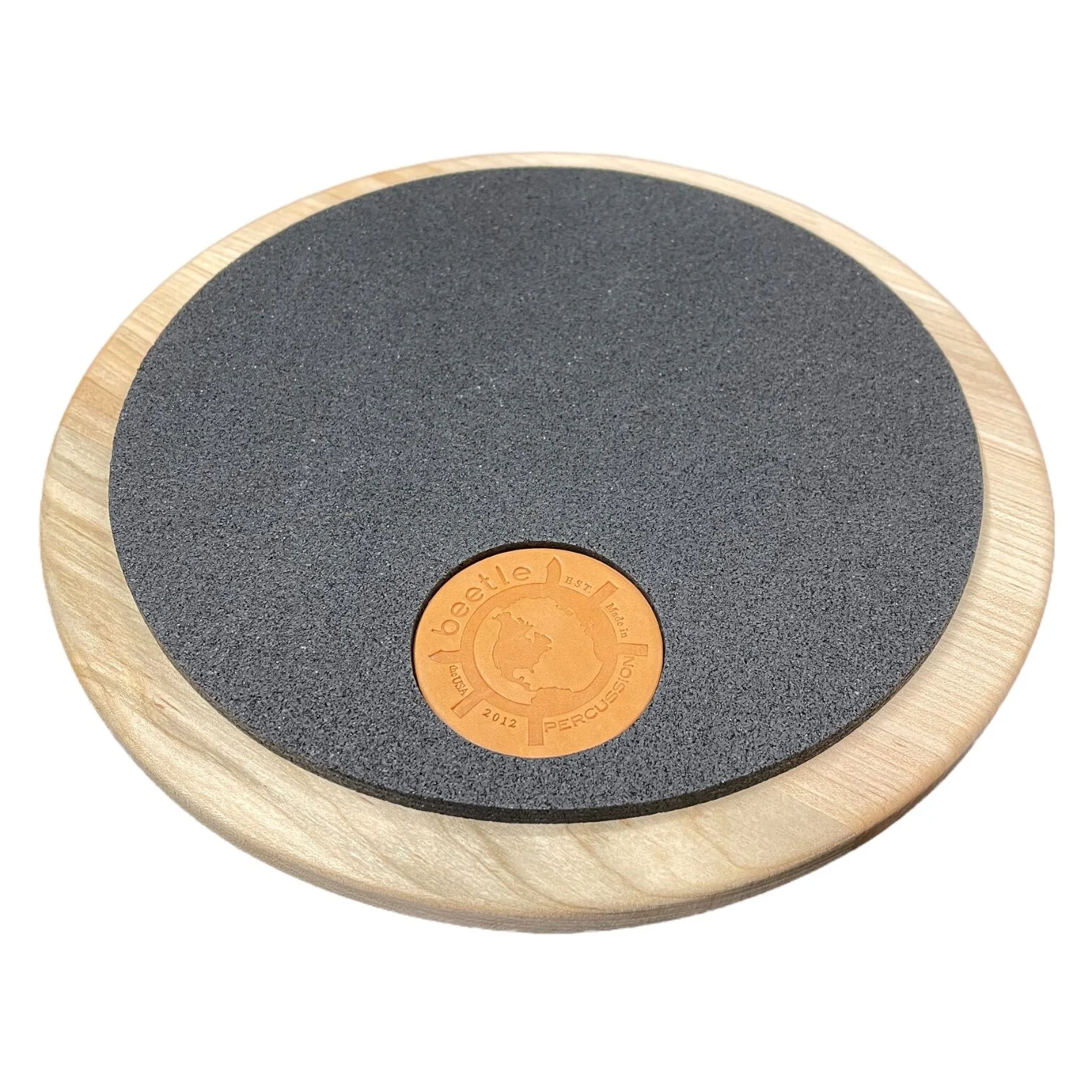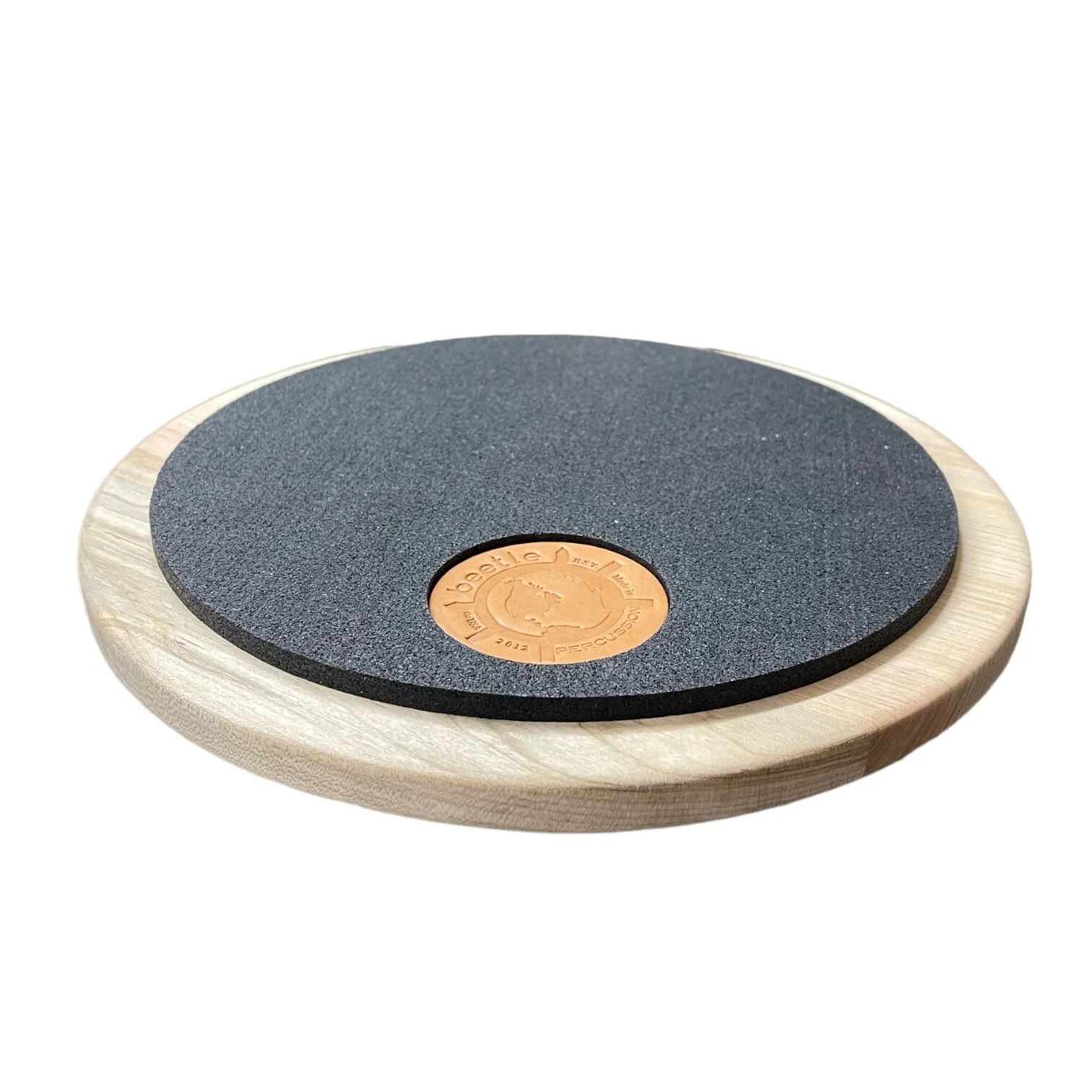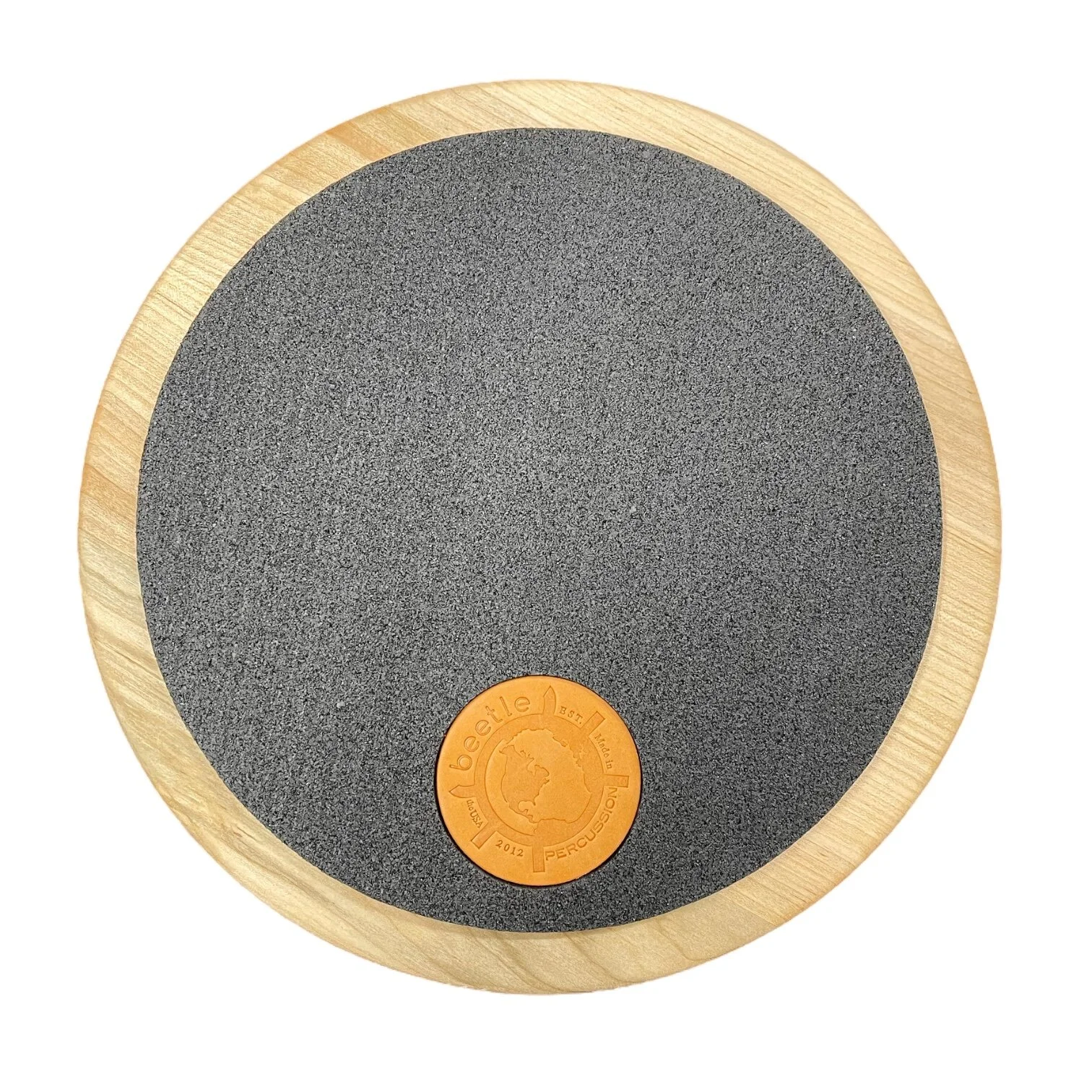You know when you walking down the street of your favorite city and you take a breath and it works? Well, it works because of trees and plants provide us oxygen! They renew our air supply by absorbing carbon dioxide and producing oxygen. They are also our cities' filters that clean our atmosphere by intercepting airborne particles, and by absorbing ground-level ozone, carbon monoxide, sulfur dioxide, and other greenhouse gases. A single tree can absorb 10 pounds of air pollutants a year, and produce nearly 260 pounds of oxygen- enough to support two people. The Ash tree is one of a few native American species that can flourish with our cities high pollution. It is a beautiful durable hard wood that half of all American baseball bats are made from. And soon, this generation perhaps, it could go extinct from our planet. Why? BEETLES!
The emerald ash borer beetle, a native of East Asia, has already devastated entire ash populations in northern cities such as Detroit, where it first appeared in 2002. Since then, the insect has swept into 22 states across the country. In the summer of 2012 it reached the Kansas City metropolitan area. There are seven billion ash trees in North America, and within the next few decades, the beetle could kill most of them—a die-off ten times bigger than the one caused by Dutch elm disease. In big cities, where ash species account for up to a quarter of trees in public spaces, planners must consider the environmental consequences of the massive die-off like liability hazards, an increase in storm water runoff, and the simple problem of disposing of millions of dead trees. Eight years after the initial discovery of the beetles in an area, about 50 percent of the ash population will die—all at once. The rest die within another two to three years. In the Kansas City metropolitan area, 6.4 million ashes are on track to die in 2015 unless they receive insecticide treatment.
To process the influx of dead trees two private Kansas City businesses, Missouri Organic and Urban Lumber Company, entered a partnership with the city. They established drop-off sites for homeowners and arborists. Urban Lumber gets first dibs on wood that's usable for milling, and Missouri Organic turns the rest into mulch. We source our Ash from Urban Lumber and turn it into percussion!
We are proud to introduce the first of many instruments to use Ash from our home town of KC - the Ash Pad. It is super durable and thin. It is double sided with recycled car tire rubber and has 1/4” and 3/16” playing surfaces. It is 11 1/2” in diameter and has a 10” diameter playing surfaces. It is extremely lean at only an 1/8” over 1” tall! Even though it is so slim, it doesn't have an annoying ring or resonance because it is made of dense, solid Ash. It has a fast woody tonal decay and is articulate like all of our pads to hear every stroke.



